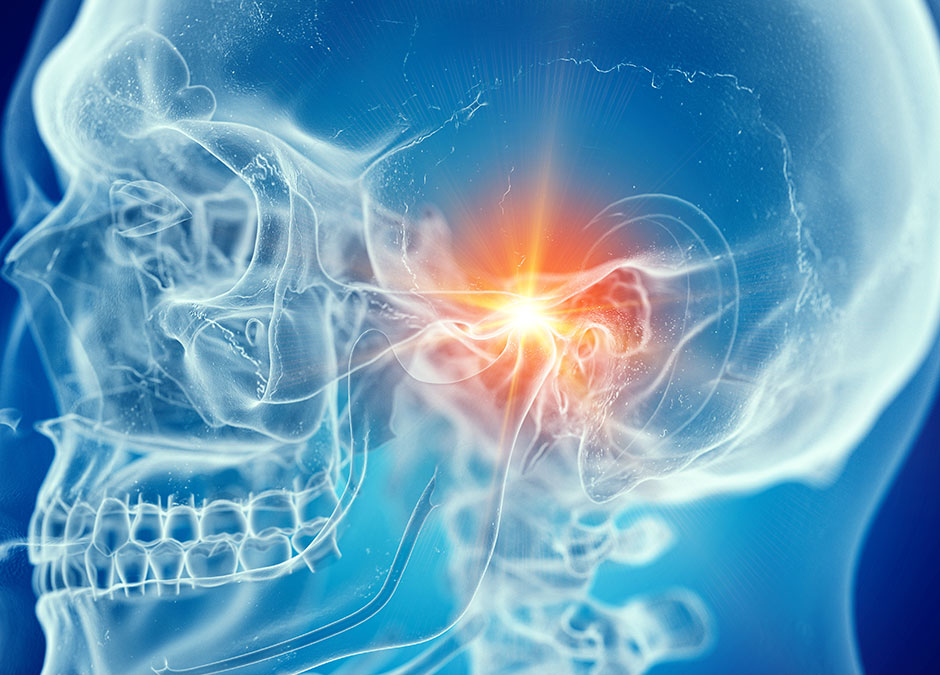Why is My Jaw Painful?
There could be many reasons associated with jaw pain including jaw arthritis, a crooked bite, head injuries and more. However, you may be surprised to know that a very large number of people who experience jaw pain suffer from this disorder known as temporomandibular joint disorder, also known as TMD.
A person who suffers from TMD will experience a lot of discomfort and pain within the jaw, ranging from a sharp pain to a numb ache. TMD may result from other reasons like injury, dislocation, jaw misalignment, arthritis and bruxism, also known as teeth grinding.
Symptoms of TMD
Different people experience TMD differently. However, the more common signs and symptoms of TMD include pain or difficulty when opening the jaw, or general pain in the jaw area. It is also characterised by pain or having trouble chewing, or jaws that click or lock. Some people may even experience chronic headaches or other facial pain.
Sometimes, patients may experience muscle spasms in the neck and jaw or in the shoulders as well. Some may even get a crunching sound or feeling within the jaw joints.
Why Should We Not Ignore Jaw Pain?
If you think that you may possibly have TMD, it is important to find a professional to help with your jaw pain and formulate a suitable treatment plan for you. Living with jaw pain is extremely frustrating, and may even impact simple actions like the ability to chew, swallow, talk, control the muscles in the face or even to breathe. It may be complicated to get to the bottom of your jaw pain, so always find a professional who has the relevant knowledge and skillset to alleviate your pain.
Can Jaw Pain be Treated?
In order to treat your disorder, an experienced professional will start by analyzing and diagnosing the root cause of the pain. Once the professional finds the root cause, they will formulate the best and most appropriate treatment plan for you. Usually, the provider will start with more conservative treatments. The provider should also tell you more about behaviors associated with jaw pain and symptoms of TMD, such as grinding of teeth or nail-biting.
Head Pain Institute Can Help with Jaw Pain
The best way to diagnose the cause of jaw pain is to speak to a licensed professional who is knowledgeable in the field. They will be able to identify issues and develop a course of treatment that is most appropriate for you. If you suffer from jaw pain, feel free to contact us to find out more about how the Head Pain Institute can help alleviate your jaw pain and live your life to the fullest without jaw pain.



